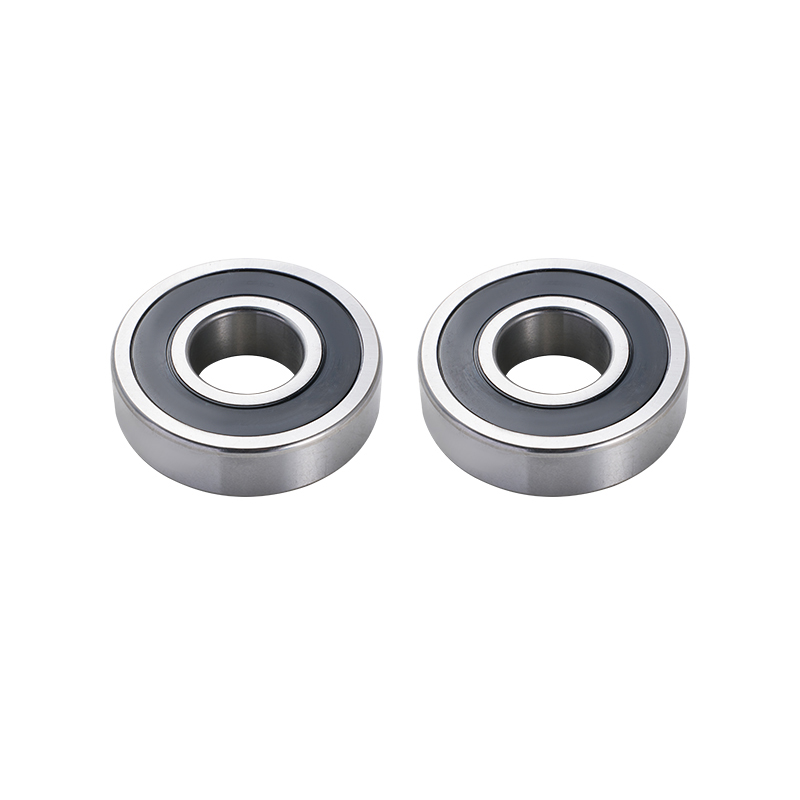Among the various bearing configurations, deep ball bearings stand out due to their unique design advantages. These bearings, known for their robust construction and ability to handle both radial and axial loads, have become a staple in industries where durability and efficiency are paramount.

Deep ball bearings, or deep ball groove bearings as they are sometimes called, are designed to accommodate higher loads than their shallower counterparts. This is due to the increased ball contact area and the deeper raceway grooves that allow for a greater number of balls to be packed within the bearing. This design feature significantly boosts the load-carrying capacity, making deep ball groove bearings ideal for applications where heavy loads are a common occurrence. Whether it's in the construction of heavy machinery or the precision requirements of industrial equipment, these bearings ensure that the machinery can withstand the demands placed upon it.
One of the key benefits of deep ball groove bearings is their ability to reduce friction, which in turn guides to improved operational efficiency. The deep groove design allows for better lubrication distribution, which helps to minimize friction between the balls and the raceways. This not only extends the life of the bearing but also contributes to energy savings and reduced wear on the machinery. In environments where every drop of energy counts, such as in renewable energy systems or electric vehicles, the use of deep ball bearings can make a significant difference.
The versatility of deep ball bearings is another design advantage that cannot be overlooked. Their ability to handle both radial and axial loads makes them suitable for a wide range of applications. From the precision machinery in the aerospace industry to the high-speed spindles in the textile industry, these bearings can be found in various configurations, adapting to the specific needs of each application. The use of deep ball bearings in these diverse environments speaks to their adaptability and the trust placed in their performance capabilities.
Durability is a critical factor in the selection of bearings, especially in industries where downtime can be costly. Deep ball bearings, with their robust design and high-quality materials, offer a longer service life compared to other bearing types. The deep groove configuration allows for better distribution of stress, reducing the risk of fatigue and failure. This makes them an attractive choice for applications where bearings are subjected to constant or intermittent high loads, such as in heavy machinery or transportation systems.
Maintenance is a crucial aspect of any bearing's lifecycle, and deep ball groove bearings offer significant advantages in this regard. Their design allows for easier inspection and maintenance, which can be a game-changer in industries where accessibility to the bearing might be limited. The ease of maintenance not only reduces downtime but also helps in early detection of potential issues, thus preventing costly repairs or replacements.
Deep ball groove bearings are a testament to the evolution of bearing technology, offering a range of design advantages that make them a preferred choice in many industries. Their ability to handle heavy loads, reduce friction, offer versatility, ensure longevity, ease maintenance, and provide cost-effectiveness are just a few reasons why these bearings are becoming increasingly popular. As the demand for precision and performance continues to grow, the role of deep ball bearings in meeting these challenges is undeniable. Whether in the design of new machinery or the maintenance of existing systems, deep ball groove bearings are poised to play a pivotal role in the future of mechanical engineering.



 English
English русский
русский
